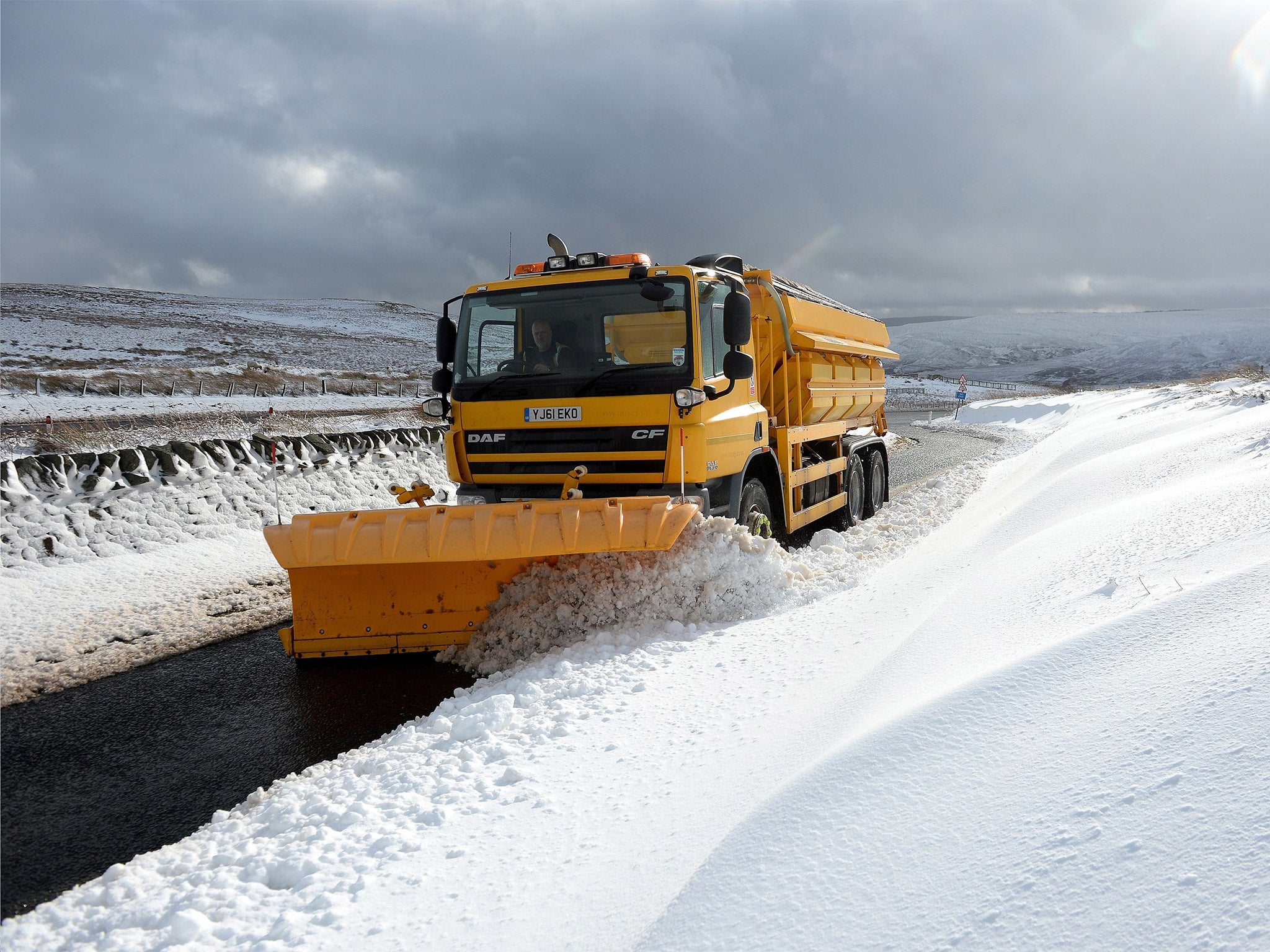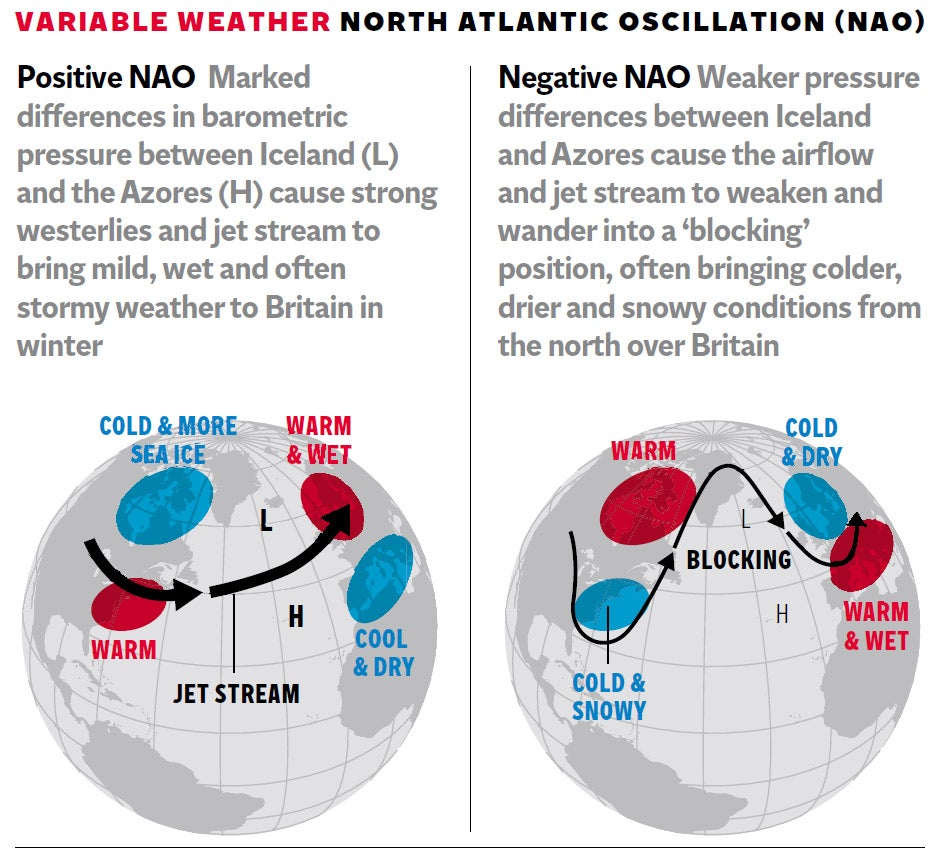British winters have been 'more volatile' in the last 10 years than in the last 100
Study finds fluctuations in mild and cold winters are increasing

Your support helps us to tell the story
From reproductive rights to climate change to Big Tech, The Independent is on the ground when the story is developing. Whether it's investigating the financials of Elon Musk's pro-Trump PAC or producing our latest documentary, 'The A Word', which shines a light on the American women fighting for reproductive rights, we know how important it is to parse out the facts from the messaging.
At such a critical moment in US history, we need reporters on the ground. Your donation allows us to keep sending journalists to speak to both sides of the story.
The Independent is trusted by Americans across the entire political spectrum. And unlike many other quality news outlets, we choose not to lock Americans out of our reporting and analysis with paywalls. We believe quality journalism should be available to everyone, paid for by those who can afford it.
Your support makes all the difference.British winters have become more volatile over the past decade compared to the previous century, with weather extremes becoming particularly pronounced in the month of December, a study has concluded.
A see-saw pattern of fluctuations in the atmospheric pressure over the North Atlantic has in recent years become more varied during the first few weeks of winter, causing the December weather in particular to fluctuate dramatically between mild, wet and stormy, and cold, frosty and snowy, scientists found.
An analysis of a phenomenon known as the North Atlantic Oscillation (NAO), which is a north-south variation in barometric pressure between Iceland and the Azores, has shown that out of 115 years of observations, three out of the five all-time “highs” and two out of five record “lows” for the month of December have occurred in the past 10 years.
When the NAO is in the positive phase, with a marked difference in barometric pressure between Iceland and the Azores, strong westerly winds predominate, sending mild, wet and often stormy winter weather to the British Isles.
When the NAO is in the negative phase, the westerly airflow is weaker, often leading to colder, Arctic air flowing over Britain, bringing frosty or snowy weather from the north and east.

Climatologists believe the trend is significant, with less than 0.04 per cent probability that the observations are due to chance alone. However, they do not know yet what is causing the change, which could be related to climate change in the Arctic or variations in the energy coming from the Sun, they said.
“Our study highlights the changing nature of the North Atlantic atmospheric circulation patterns that has given the UK more variable winter conditions in recent years,” said Professor Edward Hanna of the University of Sheffield, the lead author of the study, published in the International Journal of Climatology.
“We cannot use these results directly to predict this winter’s weather but according to the long-term NAO trend we can say that the probably of getting extreme winter weather – either mild and stormy or cold and snowy – has significantly increased in the last few decades,” Professor Hanna said.
“Further research is needed to show whether or not this increased volatility is linked with global warming,” he said.
The analysis also found a sustained and significant decrease in the summer NAO since the 1990s, which may be related to the development of high-pressure weather systems over Greenland, the scientists said.
Adam Scaife of the Met Office, and co-author of the study, said: “This new analysis of historical observations shows intriguing signs of a trend towards more variable winters over the last century.”
Join our commenting forum
Join thought-provoking conversations, follow other Independent readers and see their replies
Comments